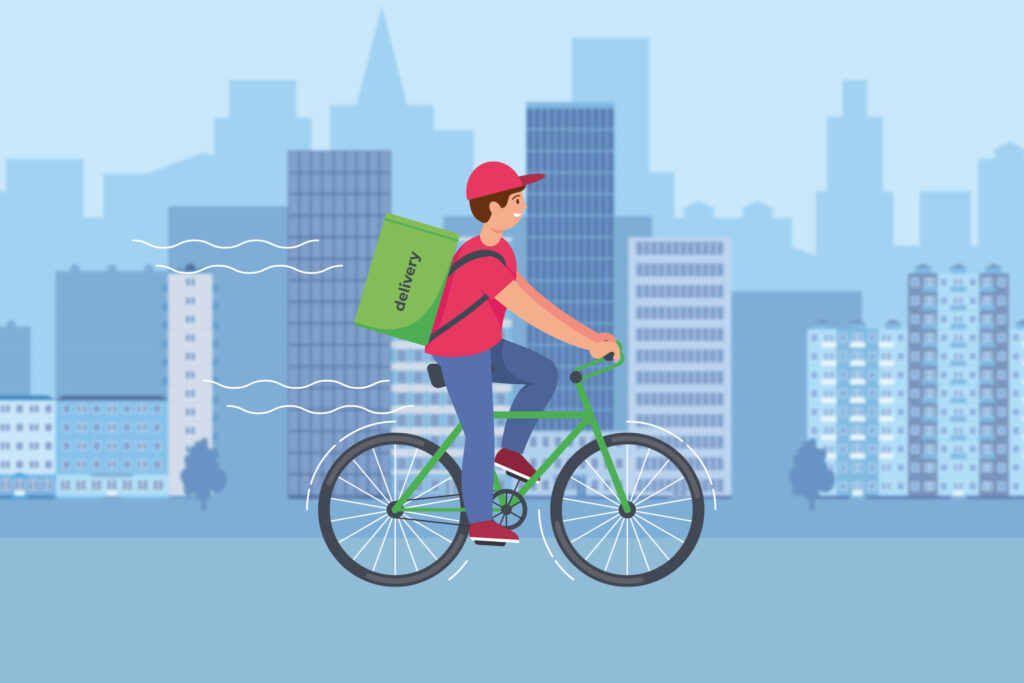The gig economy has revolutionized the way we work and how we access goods and services. From ride-sharing to food delivery, gig workers have become an essential part of the modern economy. One trend that has emerged in recent years is the use of e-bikes for gig work. In this article, we’ll take a closer look at the role of e-bikes in the gig economy.
E-bikes have become an increasingly popular choice for gig workers, particularly those who work in the food delivery industry. One of the main advantages of e-bikes is their speed and efficiency. With electric assistance, riders can cover greater distances and make more deliveries in less time than they would on a traditional bicycle. This can translate into higher earnings for gig workers, who are often paid based on the number of deliveries they make.
Another advantage of e-bikes is their versatility. Unlike cars or motorcycles, e-bikes can navigate through crowded city streets and easily maneuver around obstacles like traffic jams and road closures. This can be particularly useful for gig workers who need to make deliveries in dense urban areas where parking is limited and traffic congestion is common.
In addition to being efficient and versatile, e-bikes are also an environmentally friendly alternative to traditional delivery vehicles. With zero emissions, e-bikes can help reduce air pollution and traffic congestion, making cities cleaner and more livable for everyone. This has become an increasingly important consideration for consumers who are looking for sustainable and responsible delivery options.
However, there are also some challenges associated with using e-bikes for gig work. One of the main challenges is the cost of e-bikes. While e-bikes can be more cost-effective than traditional delivery vehicles in the long run, they do require a significant upfront investment. This can be a barrier to entry for some gig workers, particularly those who are just starting out or who have limited access to capital.
One finance company that has recognized the potential of e-bikes in the gig economy is Fundbox. Fundbox is a fintech startup that provides easy and highly accessible financing for eco-friendly personal mobility, including e-bikes and other forms of sustainable transportation. The company’s mission is to help those who are underbanked and underserved by traditional financial institutions, including individuals who work in the gig economy.
Fundbox offers a range of financing options to help individuals purchase e-bikes, with repayment terms that are flexible and tailored to each borrower’s needs. The company’s online platform allows borrowers to apply for financing quickly and easily, with decisions typically made within minutes. Fundbox is committed to helping individuals who work in the gig economy access the financing they need to invest in sustainable transportation options and grow their businesses.
By providing financing for e-bikes and other sustainable transportation options, Fundbox is helping to promote the growth of the gig economy while also supporting the shift towards a more sustainable and eco-friendly transportation system. As more individuals turn to gig work and embrace alternative modes of transportation, companies like Fundbox will continue to play an important role in supporting this growing sector of the economy.

